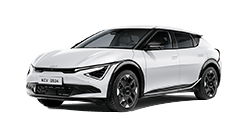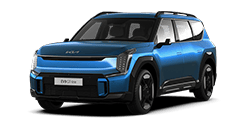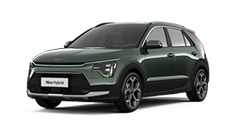open menu
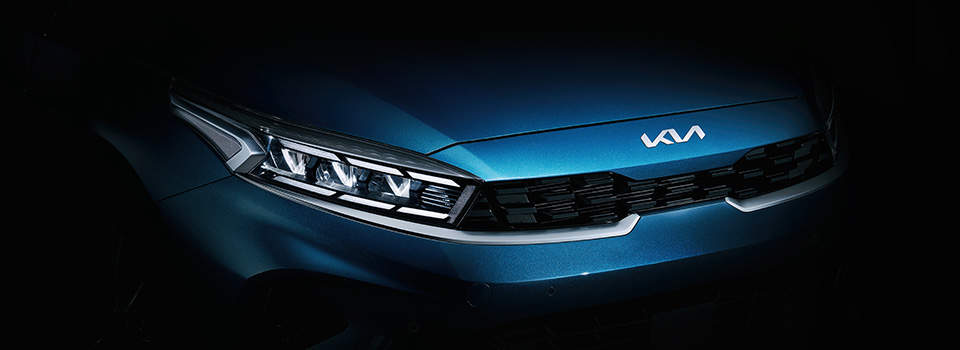
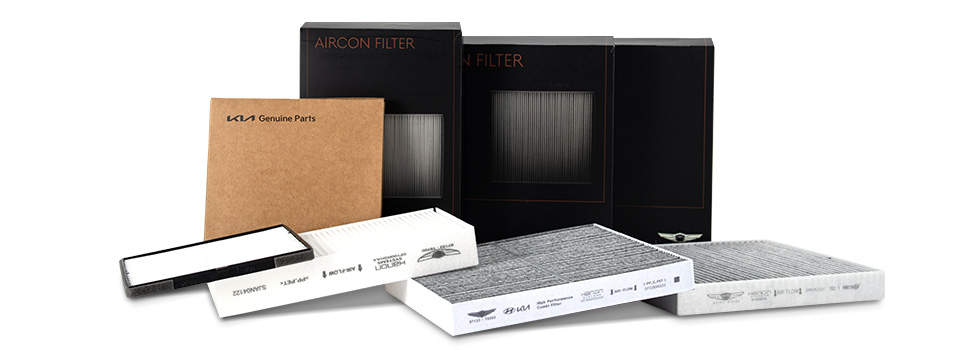
Genuine Parts
Non-genuine parts may seem more affordable at first glance, but can incur higher costs in the long run. Here are a few factors that go into consideration when choosing between genuine and non-genuine parts.
Quality
When using genuine parts, you can be assured that they are of higher quality than others in the market as they have passed rigorous quality standard tests, including testing the parts on the actual vehicle itself. Many non-genuine parts will often be of lower quality due to the inferior materials used.
Easier to fit
Genuine parts will fit your vehicle as they are engineered to exacting standards – using the same blueprints, dies, tools and moulds used in the vehicle’s manufacturing process. Non-genuine parts may not fit properly as they serve a range of car models. Even if your vehicle appears to be driving fine, you may encounter problems later on. At Cycle & Carriage, we use only genuine parts from our Principal Marqués for your vehicles.
Reliability and durability
Be absolutely assured of the reliability and durability of Kia's genuine parts. This is because genuine parts have been tested to ensure durability and performance, even under the most demanding conditions. Non-genuine parts require frequent servicing, repairs and even major engine overhauls. All these will only mean higher costs to you in the long run.
One part affects another
In many cases, every single individual part has been designed to work with another to produce a single output. If you replace a genuine part with one of lesser quality, it could affect the performance of the vehicle considerably and jeopardise your safety on the road.
Guarantees and warranties
All Kia vehicles come with 5-year factory warranty (unlimited mileage). In addition, all genuine parts replacement and repair also come with a 2-year or 40,000 km warranty, whichever comes first. Genuine parts always come with warranty, unlike non-genuine parts.
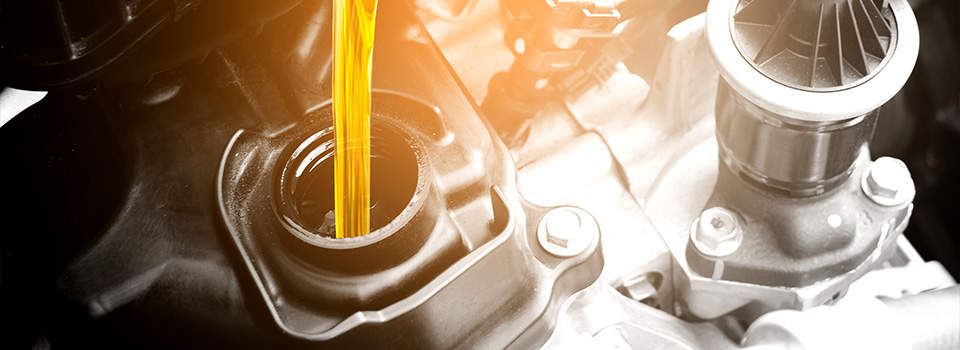
Engine Oil
Using the correct oil keeps your engine running smoothly. Primarily, oil stops the metal surfaces in your engine from grinding together and wearing, by creating a separating oil film between them. The oil also disperses heat and reduces wear, protecting the engine.
On top of this, good oil prevents dirt build-up and deposits by keeping them in suspension. Motor oil even protects against sludge and fights oxidation, keeping the oil fresh and minimising acids which can cause corrosion.
Insist On Shell Helix Ultra With PurePlus Technology
New Shell Helix Ultra is formulated with exclusive Shell PurePlus Technology, a leading edge gas-to-liquid process that converts natural gas into crystal clear base oil. The base oil is 99.5% pure and contains no impurities, which helps to deliver ultimate cleansing effect and maximum performance in maintaining fuel economy.
The unique combination of Shell PurePlus Technology with Active Cleansing Technology enables Shell Helix Ultra to deliver even higher levels of cleansing and protection, making it the most advanced motor oil ever.
Skip
| Special Features |
|---|
| Enhanced Viscosity |
| Reduced Oil Consumption |
<font color="red"><strong><b>Customer Benefits*</b></strong></font> |
|
|
*Compared to conventional Group II and Group III base oils in sequence IIIG oxidation and piston deposit test.
**Based on the M111 FE test compared with the industry reference oil. Fuel economy varies from 1.7% to 3% depending on the different vehicle types and the applied engine oil (e.g. up to 3% fuel economy with Shell Helix Ultra Professional AF 5W-30).
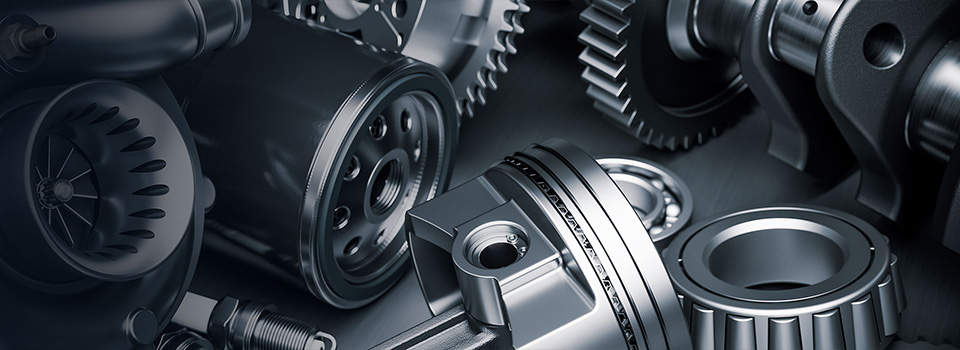
Parts Replacement Interval
For optimal performance of your vehicle, parts replacement is recommended as an important aspect in proper car maintenance.
Skip
| Parts |
|---|
| Air Con Filter |
| Oil Filter |
| Air Filter |
| Spark Plug |
| Fuel Filter |
| Battery |
| Brake Pads and Discs |
| Transmission Filter |
| V-Belt/Serpentine Belt |
| <font color="red"><strong><b>Purpose and Frequency for change </b></strong></font> |
|
|
|
|
|
|
|
|
|
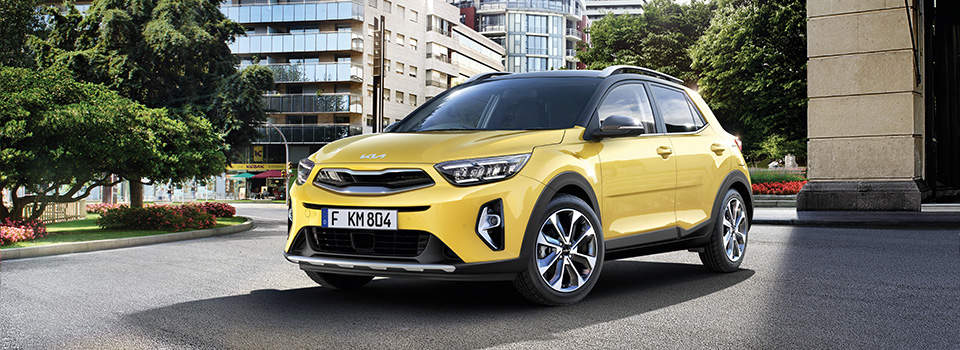
Handy Tips
Take care of your vehicle by understanding it from inside and out. We have put together a list of car care tips to ensure top-in-class performance for your Kia. Learn more here.
